Writer: Naveed Bari
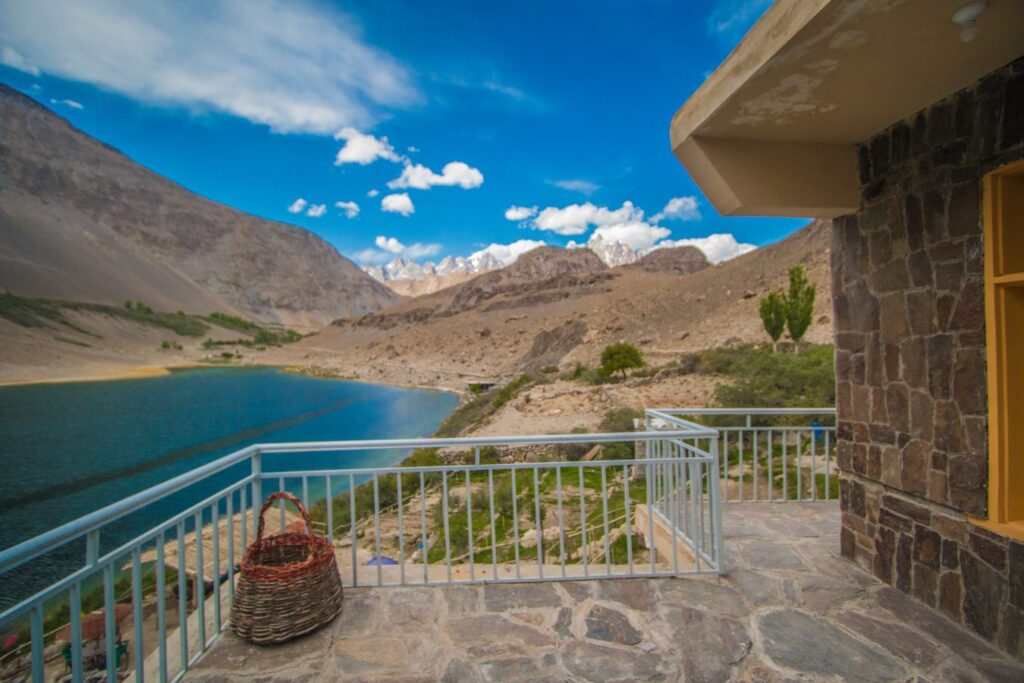
Nestled at an elevation of 2,600 meters above sea level in the shadow of the mighty Passu Glacier, Borith Lake in Gilgit-Baltistan is more than just a scenic alpine marvel. It is a high-altitude wetland of ecological significance, home to a delicate and diverse array of flora and fauna—particularly migratory and endangered bird species that rely on its waters and surrounding marshlands for refuge. Recognized under the Gilgit-Baltistan Forest Act of 2019, Borith Lake’s status as a vital natural habitat has been increasingly undermined by a combination of unchecked human activity and climate-induced hazards.
A Sanctuary Under Siege
The Environmental Protection Agency (EPA) of Gilgit-Baltistan has recently sounded the alarm over mounting ecological threats to Borith Lake. Chief among these is the uncontrolled discharge of untreated sewage from nearby hotels and guesthouses, which has already begun to seep into the lake. This influx of nutrients risks triggering eutrophication—a process that accelerates algal blooms, depletes oxygen levels, and can lead to the collapse of the lake’s aquatic ecosystem.
Equally troubling is the rising level of tourism-related activity around the lake, especially boating and camping, which disturbs critical bird nesting sites. Borith is part of the Central Asian Flyway, a migratory route for species such as the bar-headed goose and the black-necked crane. Disturbances during their nesting or resting periods can have far-reaching effects on their survival and reproduction.
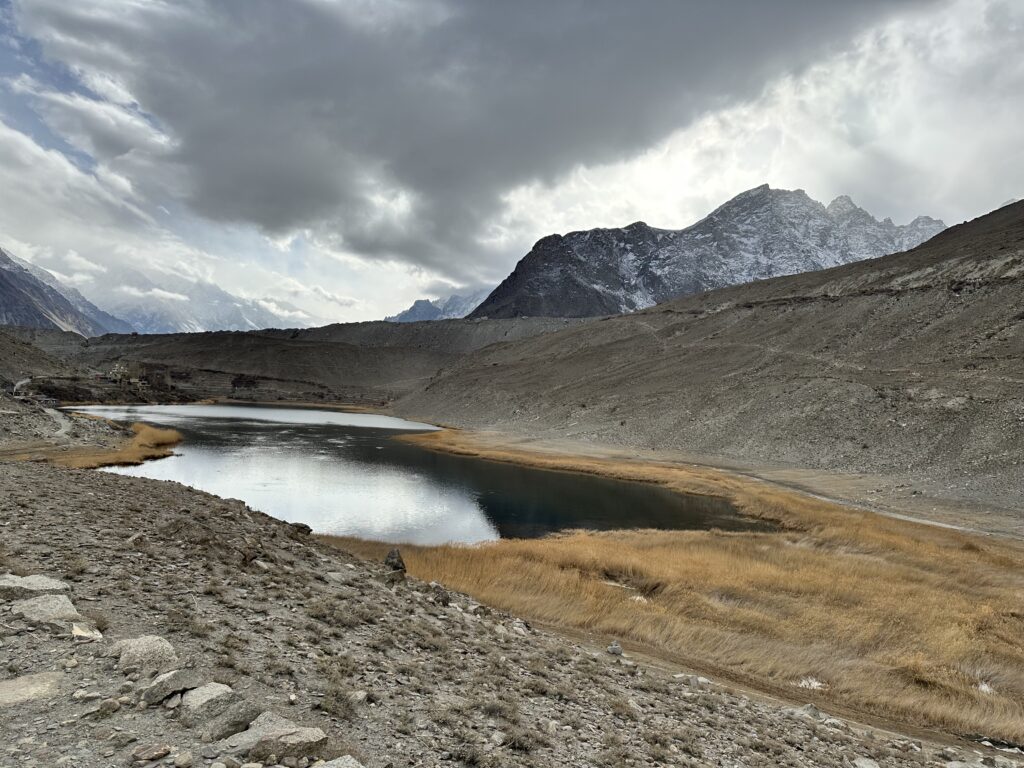

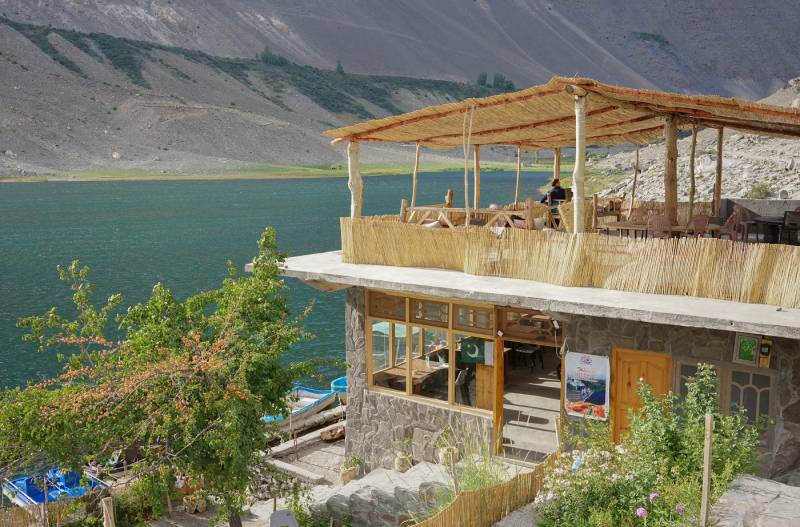
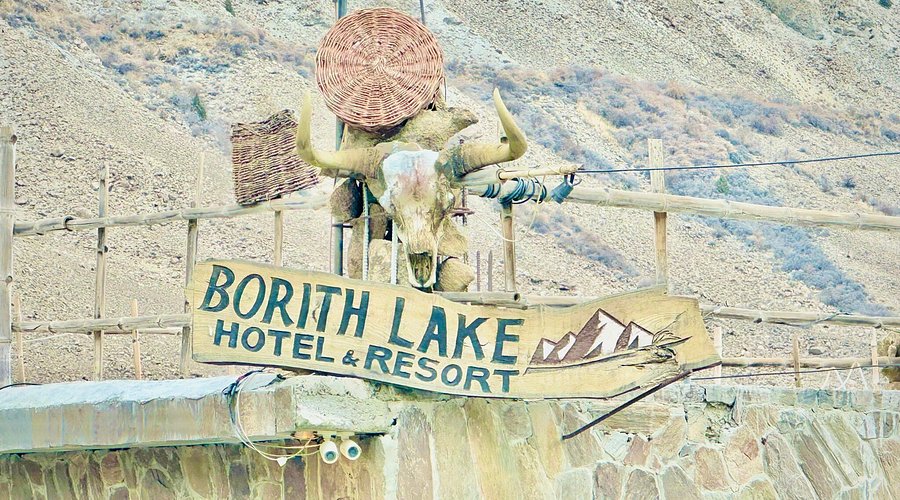
Glaciers, GLOFs, and a Shifting Climate
Borith Lake lies adjacent to the Passu Glacier, one of the many vulnerable glaciers in the Karakoram Range. The area has increasingly become susceptible to glacial lake outburst floods (GLOFs)—catastrophic events in which the natural dams containing glacial lakes fail, releasing torrents of water, ice, and debris into downstream communities.
In the past few years, Gilgit-Baltistan has witnessed an alarming spike in GLOFs and flash floods, attributed to rapid glacier melt driven by rising global temperatures. According to Pakistan’s Ministry of Climate Change, over 3,000 glacial lakes now exist in Gilgit-Baltistan and Khyber Pakhtunkhwa, with more than 30 identified as prone to sudden outbursts. These events have already wreaked havoc on local infrastructure, farmland, and lives—washing away roads, isolating communities, and damaging irrigation systems.
Given Borith Lake’s proximity to an active glacial system, the risk is twofold: not only is the lake itself threatened by changing hydrology and siltation, but nearby communities and the ecosystem are also at risk from potential flooding or lake formation changes due to glacier melt.
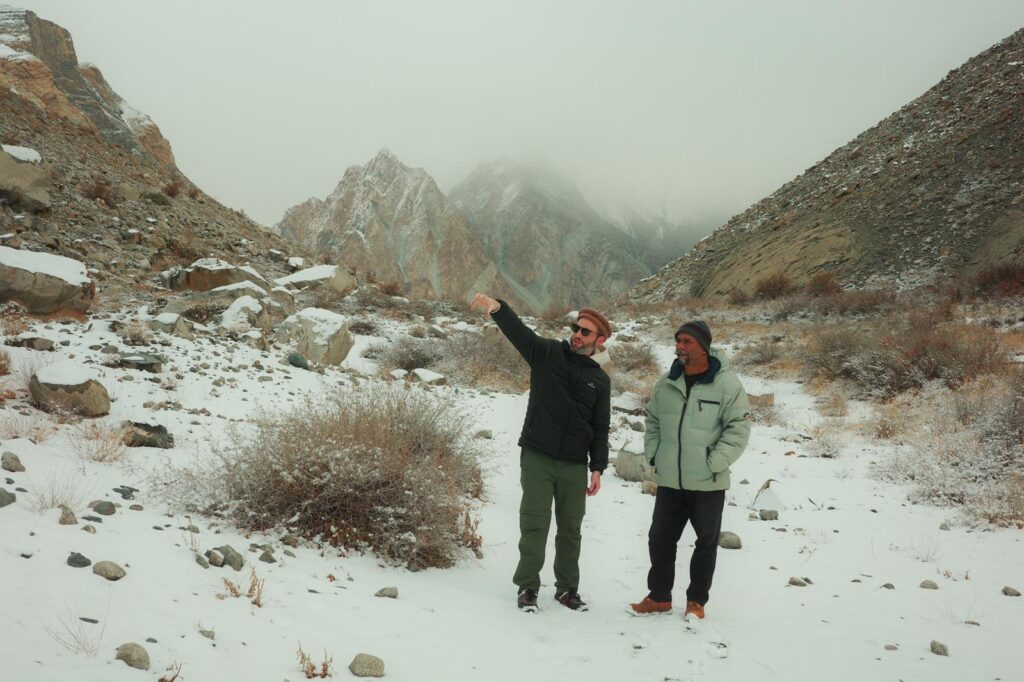
EPA’s Urgent Recommendations
In response to these growing concerns, the EPA has formally recommended that Borith Lake be declared a protected eco-tourism zone, with immediate measures including:
- A complete halt to any new construction in and around the lake area
- Regulation and monitoring of existing tourist activities
- Establishment of proper sewage and waste disposal systems for nearby accommodations
- Community-led conservation programs that offer alternative livelihoods
Such a designation would not only shield the lake from further degradation but also promote sustainable tourism models that benefit local communities without compromising ecological integrity.
The Bigger Picture
Borith Lake’s plight reflects a broader environmental crisis unfolding across Gilgit-Baltistan. The region, which forms the ecological backbone of Pakistan’s freshwater system, is reeling under the compounded pressures of climate change, unsustainable development, and governance gaps. Wetlands like Borith are natural buffers against climate extremes—they regulate water cycles, filter pollutants, and provide critical habitats. Losing them would mean amplifying the impacts of already-devastating climate events.
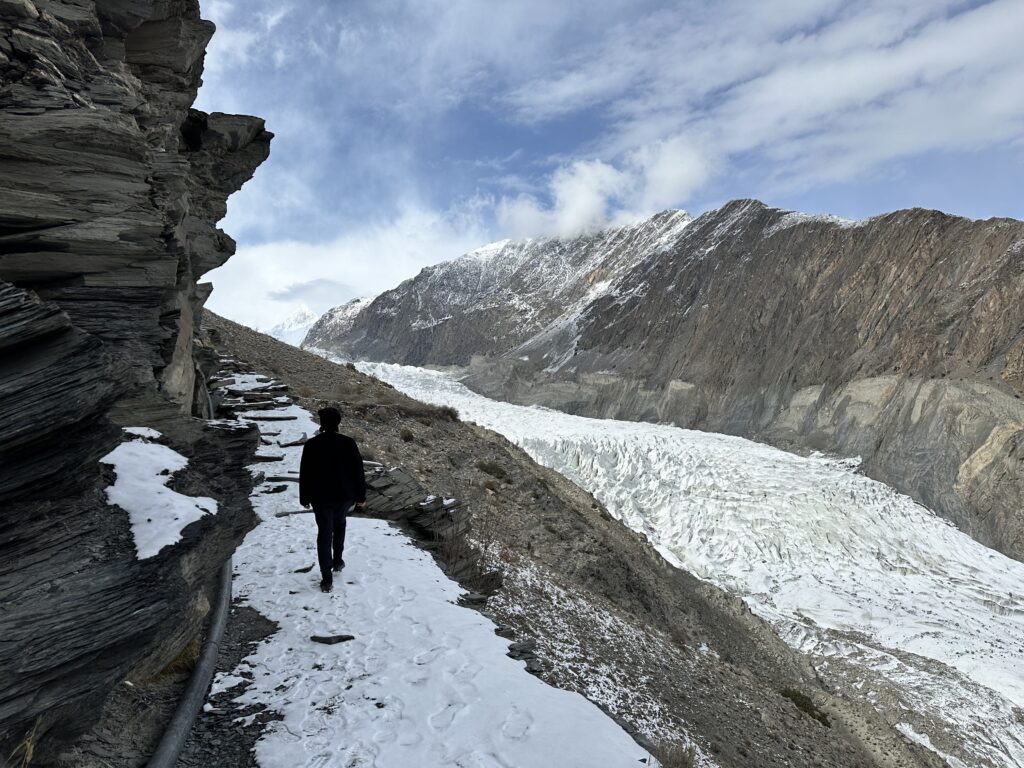
A Call for Preservation
The ecological sensitivity of Borith Lake is no longer an abstract concern—it is a rapidly escalating emergency. Without immediate, science-backed intervention and stringent enforcement of conservation laws, one of Pakistan’s most unique natural sanctuaries may suffer irreversible damage. In an era where climate disasters are becoming the norm, preserving ecosystems like Borith Lake is not just about protecting biodiversity—it is about securing the future resilience of the communities and landscapes that depend on them.
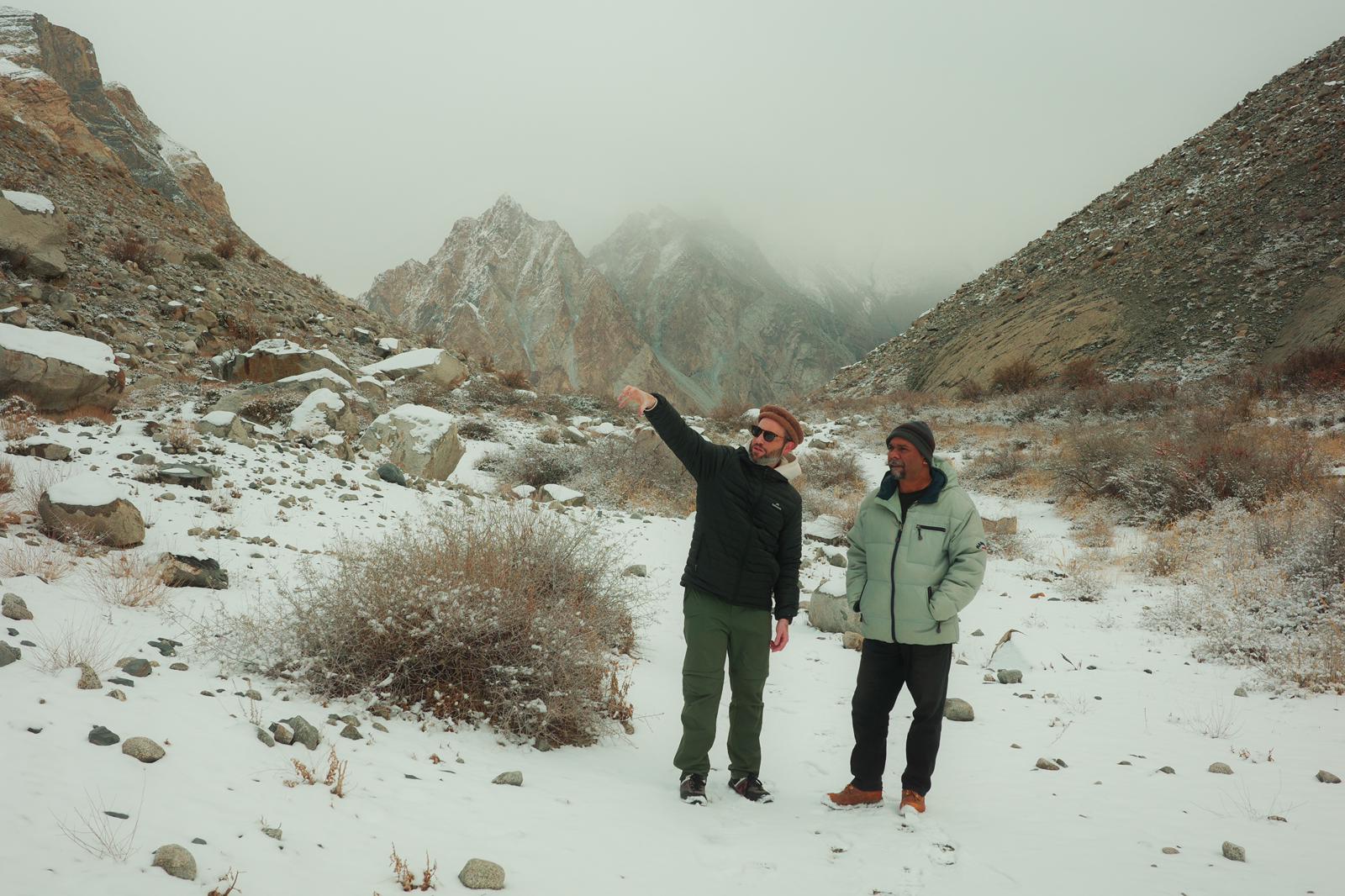
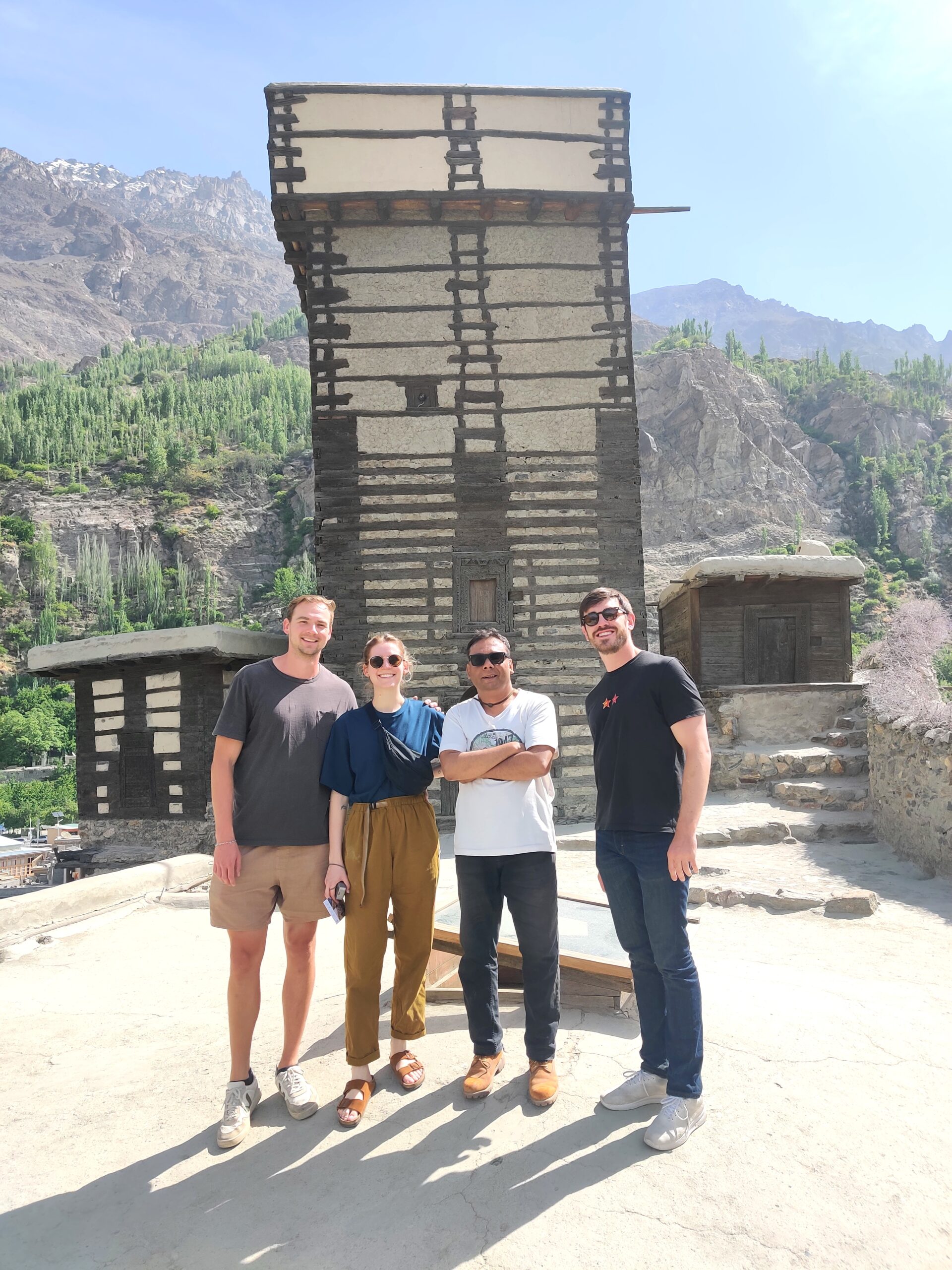


Leave a Reply